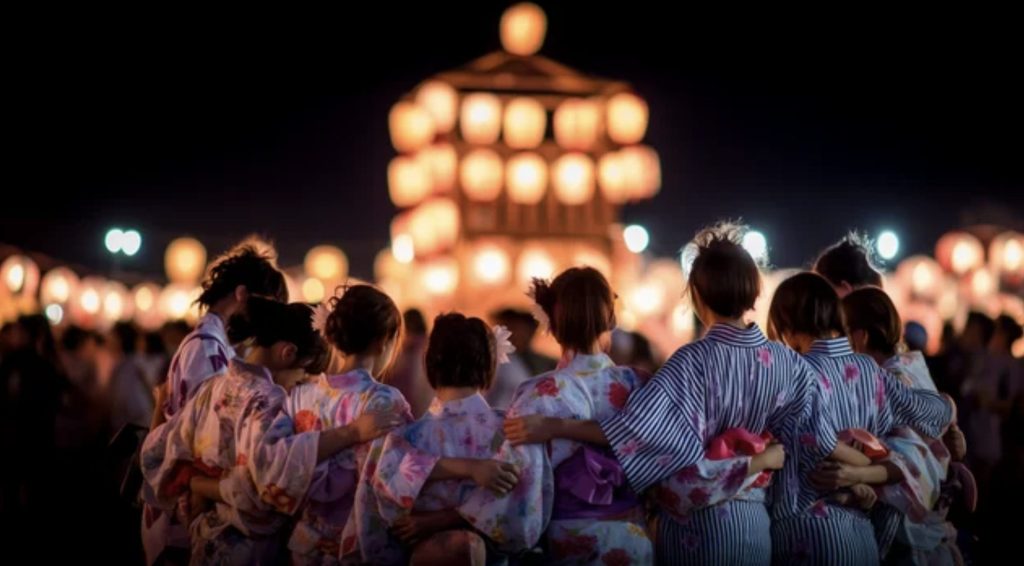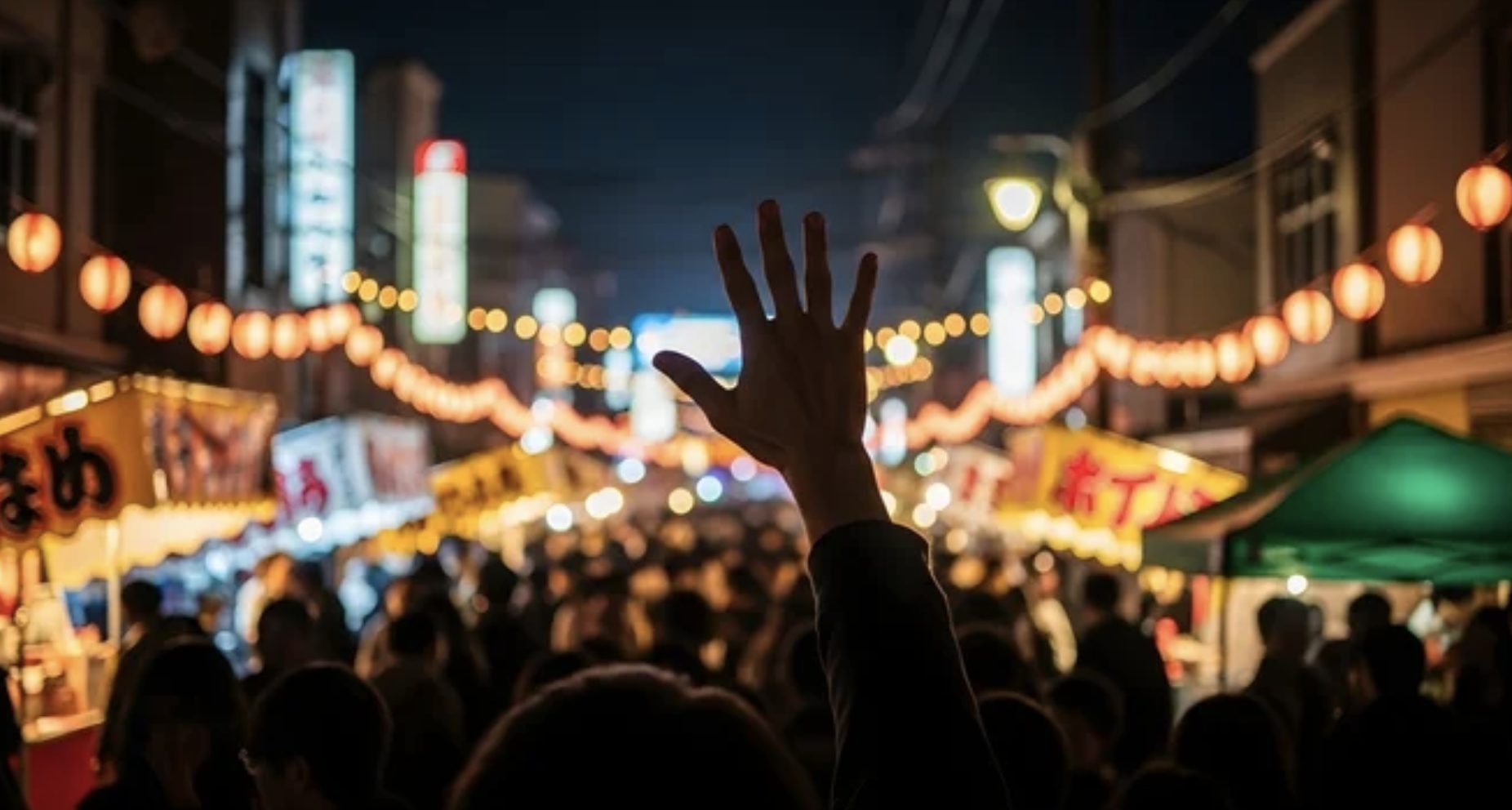Finding My People: A Foreigner’s Guide to English-Speaking Communities in Japan
🌸 1. Landing in Japan: The Lonely Start
When I first arrived in Tokyo, everything felt dazzling — the neon lights, the spotless trains, the quiet politeness.
But by the second week, I realized I didn’t actually know anyone.
No casual “Hey, how are you?” at the grocery store, no spontaneous after-work chats.
Japan is safe and beautiful, but for many English-speaking newcomers, it can also be quietly isolating.
That’s why community matters so much here.
Finding a group — even a small one — can completely change how you experience life in Japan.
☕ 2. Why Community Matters for Expats
There’s a saying among long-term expats: “You can love Japan and still feel lonely in it.”
The social rhythm here is subtle; friendships take time, and many interactions stay formal.
When you find a circle of English-speaking friends — people who understand the visa stress, the weird bank forms, or the surprise at seeing “cash only” — everything starts to feel lighter.
Community gives you:
- Emotional support when culture shock hits.
- Practical advice (which moving company to use, how to renew your visa).
- A sense of belonging — that you’re not alone in figuring this place out.
💻 3. Online Communities: Your First Lifeline
Most of us start our Japan life online — searching “foreigners in Tokyo Facebook group” at 2 a.m. when we can’t sleep.
And it works.
🔹 Facebook & Reddit Groups
Some of the most active ones:
- Tokyo Expat Network (TEN) — huge, helpful, sometimes chaotic but full of information.
- Foreigners in Japan — nationwide, good for quick questions.
- Osaka International Community — smaller, friendlier vibe.
- Reddit r/japanlife — honest discussions about daily frustrations, taxes, jobs, and dating.
These groups are where you learn that you’re not the only one who got confused at the konbini ATM or can’t figure out garbage sorting.
🔹 Meetup & Eventbrite
If you’re ready to meet people in person, these sites are gold.
Search for “language exchange,” “hiking,” “business networking,” or “photography walks.”
In Tokyo, the English-Japanese Language Exchange @ Shinjuku is legendary — 200 people in one bar speaking half English, half Japanese.
🔹 Discord & LINE Groups
Younger expats (and gamers) live on Discord.
You can find servers for every interest: anime, hiking, cooking, even “foreigners who love Japanese trains.”
LINE groups often form after Meetup events — once you’re in, you’ll get invited to BBQs, karaoke, and weekend trips.
🏮 4. Offline Communities: The Real-World Connection
After weeks of chatting online, meeting people face-to-face feels like a warm breath of relief.
🔸 International Centers
Almost every major city in Japan has one:
- Tokyo International Communication Plaza
- Osaka International House Foundation
- Fukuoka City International Center
They organize language classes, volunteer programs, and multicultural cafés.
Many staff members speak English and genuinely want to help foreigners connect locally.
🔸 Cultural & Hobby Circles
Japanese culture clubs can be intimidating at first, but they’re often welcoming once you show genuine interest.
I joined a calligraphy circle in Nakano, and even though my kanji looked like chicken scratches, everyone laughed kindly and poured me more green tea.
You can find such groups on Meetup, Facebook Events, or community bulletin boards at cafés.
🎤 5. The Social Spots: Bars, Cafés, and Event Spaces
Not all community building happens in classrooms.
Sometimes it starts over a drink or shared plate of yakitori.
🔹 Expat Bars
Places like Hobgoblin Shibuya, What the Dickens, or The Hub are classic expat watering holes.
You might think they’re cliché, but they’re where many long-term friendships begin.
🔹 International Cafés & Coworking Spaces
Cafés such as Good Heavens (Setagaya) or The Pink Cow (Roppongi) host open-mic nights, trivia evenings, and art shows.
Coworking spaces like Impact Hub Tokyo or WeWork Shinjuku organize English-friendly networking sessions.
It’s perfectly fine to go alone — everyone there once did the same.
🌐 6. Language Exchange: The Easiest Gateway
Even if you came to Japan for work or study, joining a language exchange can be the best way to build local friendships.
Why it works:
- No pressure — you’re there to “practice,” not perform.
- Many Japanese participants genuinely want to improve English.
- You often end up grabbing ramen or karaoke afterward.
Popular groups:
- English × Japanese Exchange Tokyo
- Osaka Eigo Café
- Nagoya Language Night
Pro tip: consistency matters. Show up twice and people start remembering your name.
🏠 7. Regional Differences — Tokyo, Kansai, Fukuoka
Every region has its own foreigner community flavor.
🏙 Tokyo
Fast, busy, and full of short-term expats. You’ll meet everyone from diplomats to digital nomads.
Networking events happen daily, but relationships can stay surface-level unless you nurture them.
🌉 Kansai (Osaka, Kyoto, Kobe)
More laid-back, full of humor. The Osaka International Community feels almost like a family; people help each other move apartments or translate documents.
🌸 Fukuoka
Smaller scene but very tight-knit. Perfect if you prefer genuine friendships over large crowds.
You’ll quickly meet bilingual locals and long-term residents who’ve been here for decades.
🌏 8. The Unspoken Rules of Joining a Community
- Be respectful of Japanese etiquette — no loud phone calls, be on time.
- Don’t dominate conversations; listen as much as you talk.
- Contribute — offer advice, volunteer, or help organize.
- Avoid negativity — complaining too much about Japan pushes people away.
- Stay consistent — communities remember the people who keep showing up.
The secret to being “accepted” isn’t perfect Japanese.
It’s reliability and kindness.
✨ 9. My Turning Point
One rainy night in Shibuya, I almost skipped a language exchange because I was tired.
But I went anyway — and that’s where I met my first real friend in Japan.
That single connection opened doors to weekend trips, job opportunities, and even a feeling that Tokyo was mine, not just a city I lived in.
That’s the magic of community: one small decision can change your entire experience here.
🚀 10. Key Takeaways (Part 1 Recap)
- Start online — Facebook, Reddit, Meetup, Discord.
- Then move offline — international centers, cafés, coworking spaces.
- Be open, consistent, and patient.
- Japan won’t hand you a community, but it will reward those who build one.

